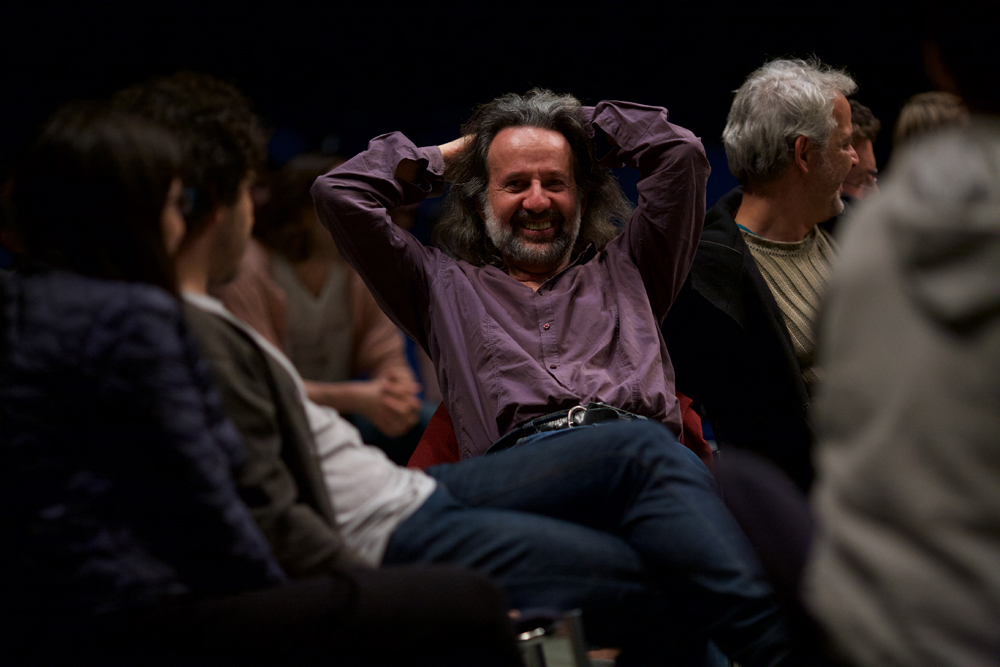Cartography of Exhaustion
Cartography of Exhaustion
If life is assaulted by power, where do we find spaces for living? A conversation with Peter Pál Pelbart and other artists and participants in the Episode.
ReadHow is life assaulted by power? Has it penetrated every corner of our existence? Why are we are all so tired? Where can we find the space to live in the face of this attack? How might we proclaim another community – an act of unconsciousness-raising – that frees thought of what it silently thinks so as to become again what we never were?
Peter is an influential philosopher, essayist, clinician and a member of Ueinzz Theatre Company. We’ve found his book Cartography of Exhaustion – Nihilism Inside Out incredibly helpful whilst thinking about care, the body, the mind, memory and how we might come to understand the power of life. His thinking emerges from a network of entanglements that have also occupied Felix Guattari, Gilles Deleuze, Suely Rolnik, Jean Oury, Samuel Beckett and Giorgio Agamben amongst others.
On the one hand, life was assaulted by power. To put it another way, power penetrated all spheres of existence, mobilised them in full, and put them to work. From genes, the body, affects, psychism, but even intelligence, imagination, creativity, all has been violated, invaded, colonised….. Power itself has become “post-modern”, undulating, a-centred, netlike, molecular. With that, it has a more direct effect over our ways of perceiving, feeling, loving, thinking, even of creating… today our life appears entirely subsumed in those mechanisms of modulating existence. Thus even sex, language, communication, oniric life, even faith, none of these still preserve any exteriority in relation to the mechanisms of control and monitoring… power is not exercised from outside, nor from above, but more as if it were from within, steering our social vitality from head to toe… This biopower does not seek to arrest life, but to take control of it, to intensify it, to make the most of it…. it is we ourselves who take on the task of administrating our own control.
Foucault intuited very early on, however, that the object of power — life — was precisely what, in an inevitable reversal, would thenceforward anchor the resistance to power. Foucault, though, may not have pushed this intuition to its final consequences. It fell to Deleuze to make explicit that the answer to the power over life could only be the power of life, in its political potential to resist and create, to vary, to produce forms of life. Peter Pál Pelbart
Documentation
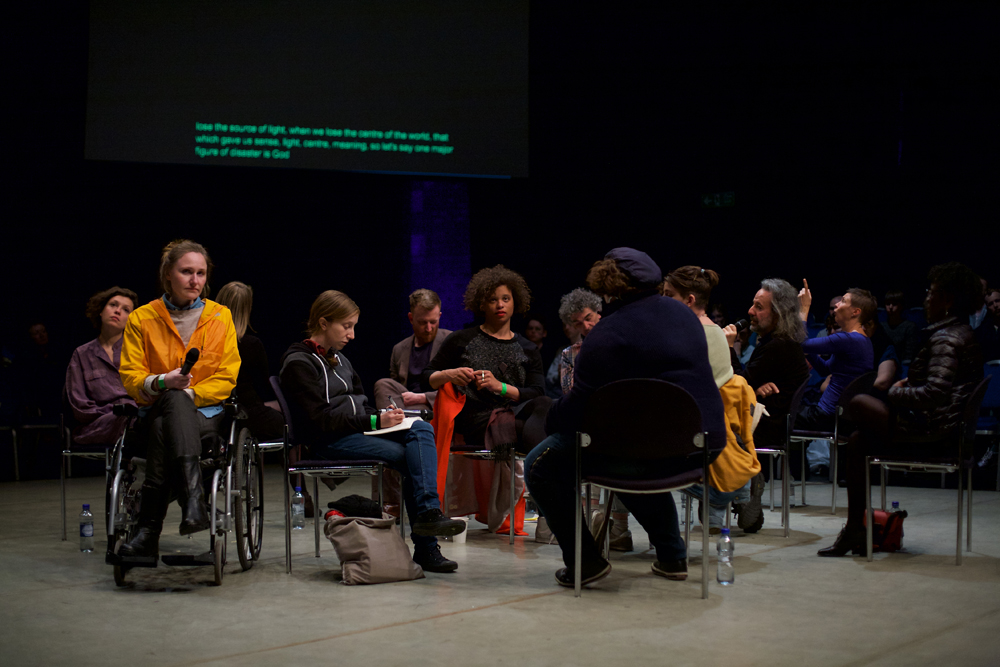
▴ Credit: Alex Woodward
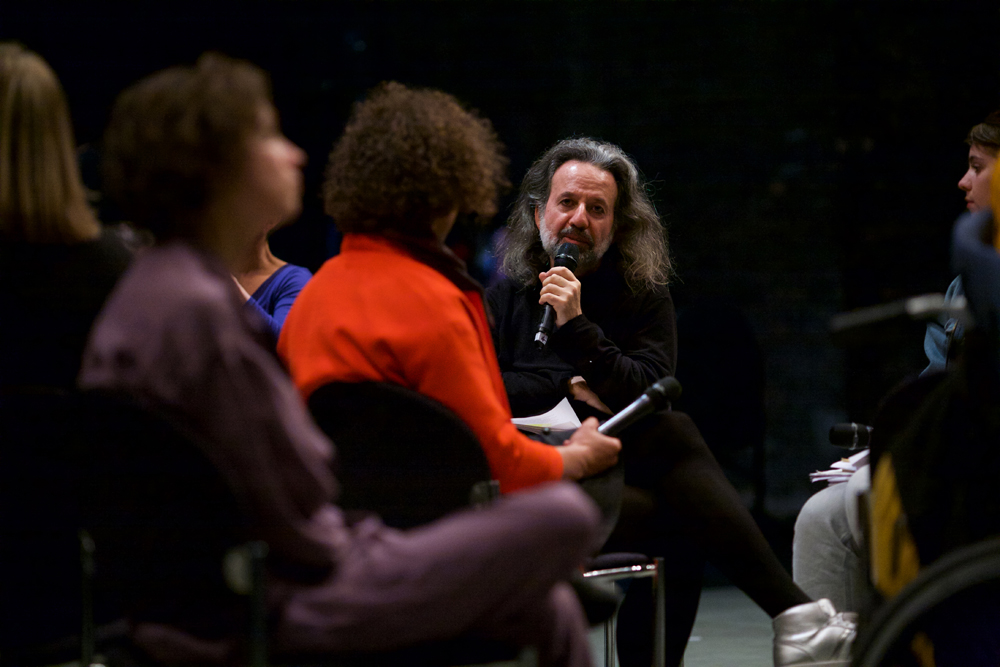
▴ Credit: Alex Woodward
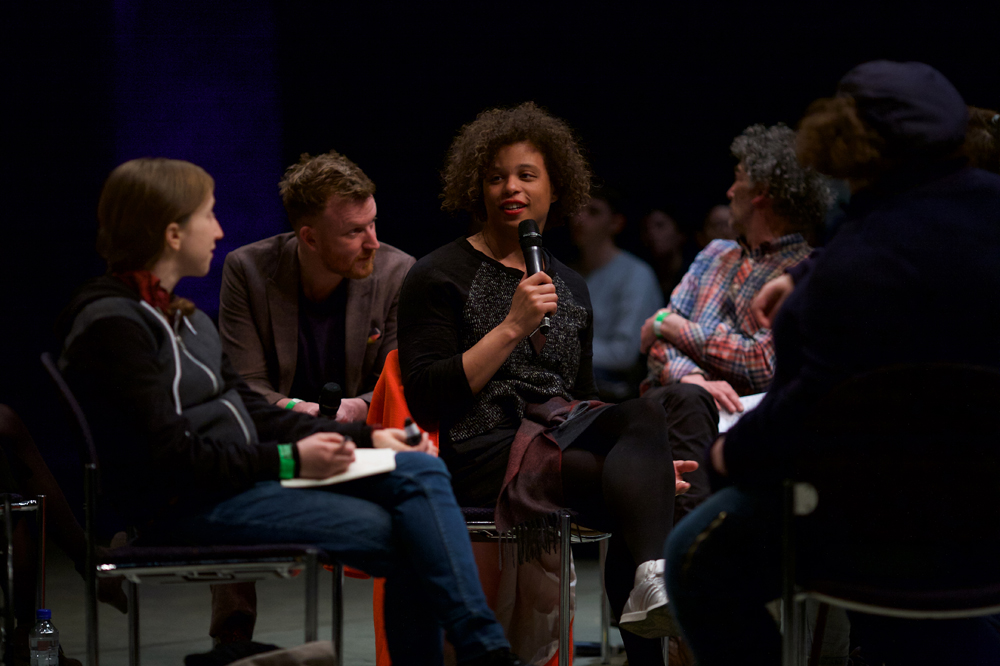
▴ Credit: Alex Woodward
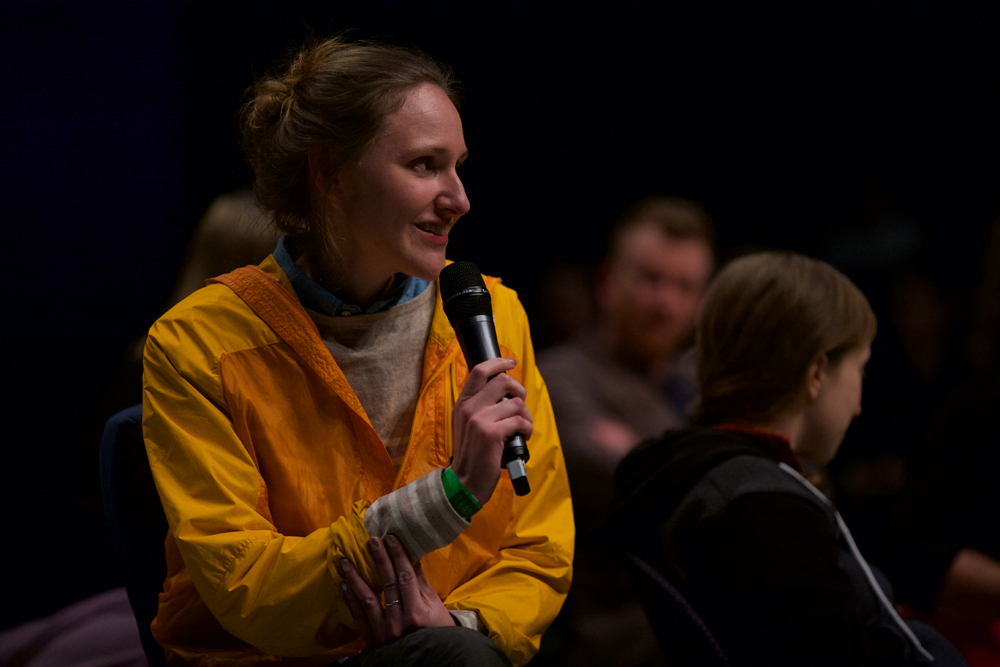
▴ Credit: Alex Woodward
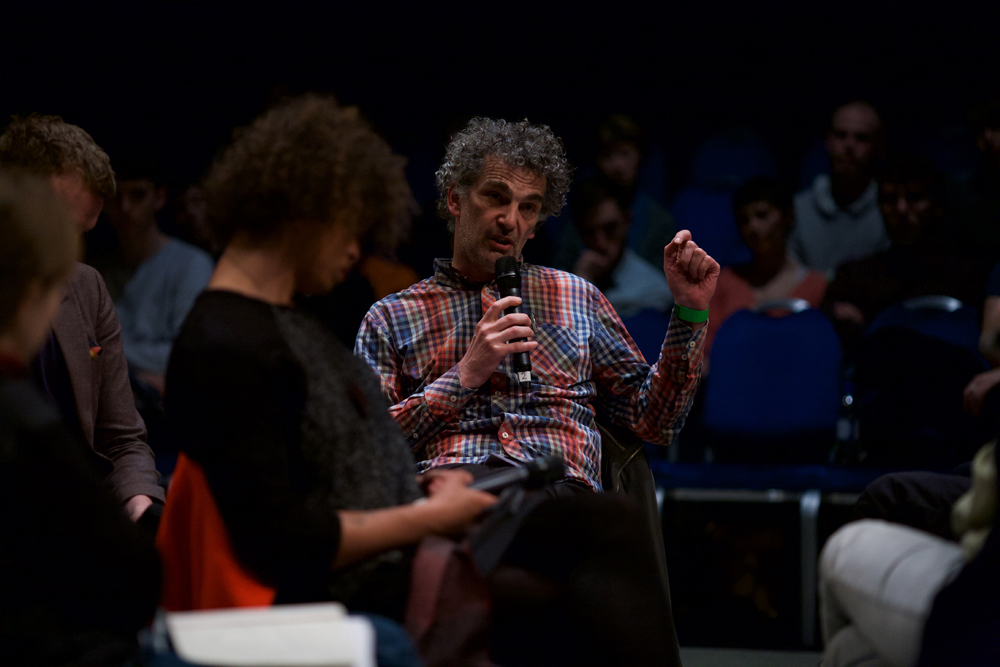
▴ Credit: Alex Woodward
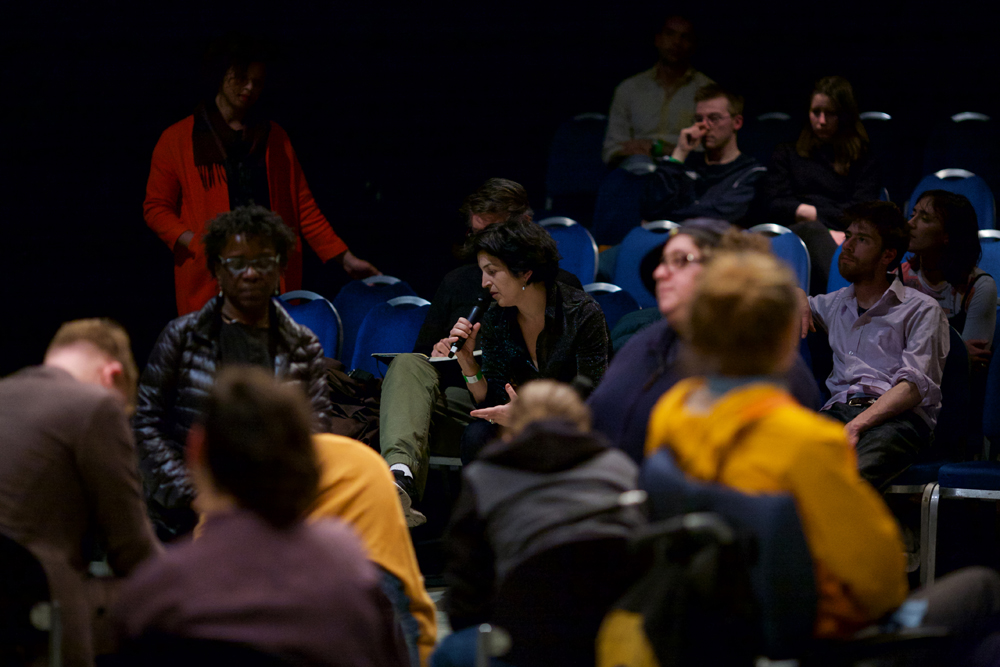
▴ Credit: Alex Woodward
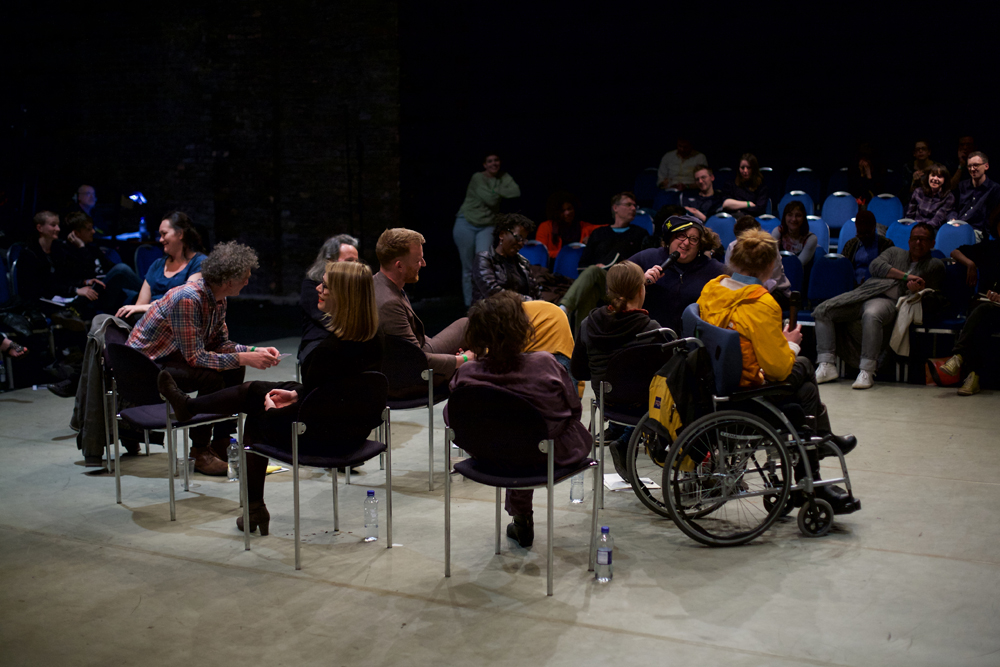
▴ Credit: Alex Woodward
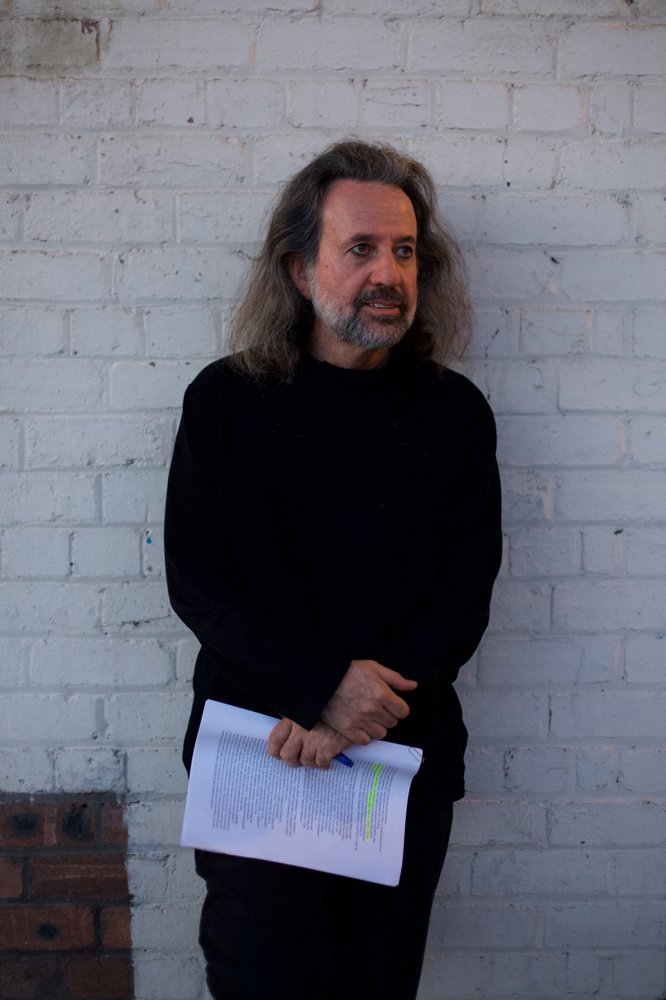
▴ Credit: Alex Woodward

